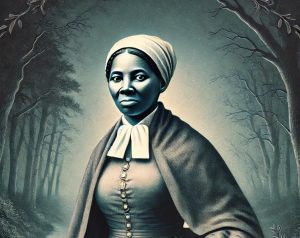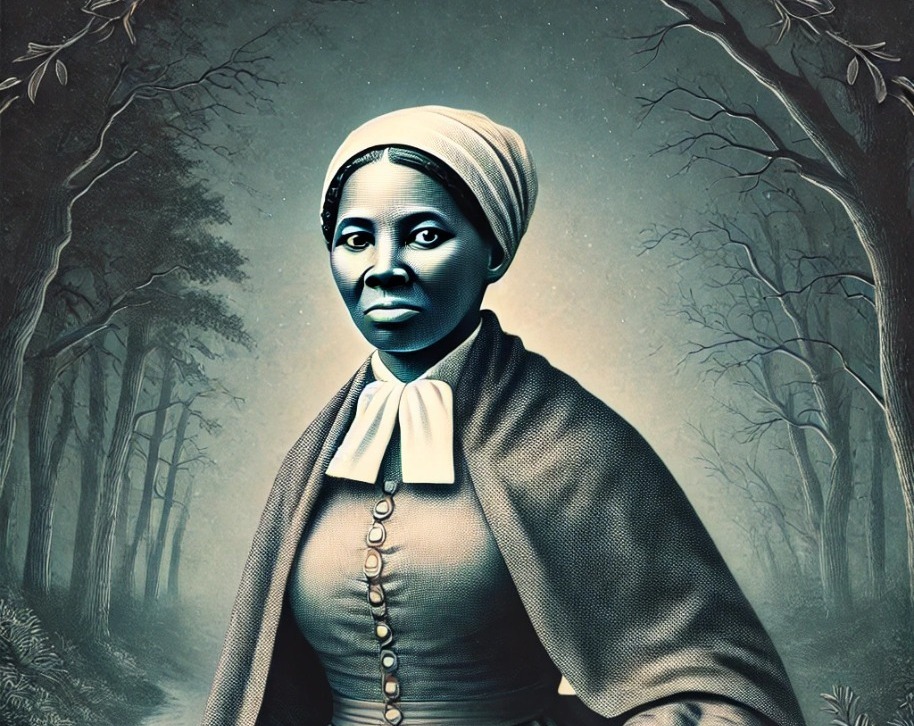Born into the brutal conditions of slavery in Maryland, USA, Harriet Tubman experienced the harsh realities of bondage from a young age. Named Araminta Ross at birth, she later adopted her mother’s name, Harriet, as a symbol of her resistance and transformation. Despite severe hardships, including a traumatic head injury inflicted by an overseer, Harriet’s spirit remained unbroken.
In 1849, Harriet made a daring escape from slavery, traversing nearly 90 miles to freedom in Pennsylvania. However, freedom alone was not enough for her; she felt a profound calling to rescue others. Over the next decade, Harriet became a “conductor” on the Underground Railroad, a secret network that helped enslaved people escape to free states and Canada. Demonstrating extraordinary courage and resourcefulness, she guided approximately 70 enslaved individuals to freedom, including members of her own family.
Harriet’s efforts extended beyond the Underground Railroad. During the Civil War, she served as a scout, nurse, and spy for the Union Army, leveraging her knowledge of the terrain and her stealth skills to assist in military operations. In one notable raid, she helped liberate over 700 enslaved people in South Carolina.
After the war, Harriet continued her advocacy for freedom and equality. She supported the suffrage movement, championing the right to vote for women and African Americans. Her home in Auburn, New York, became a sanctuary for the elderly and needy, embodying her lifelong commitment to humanitarianism.
Harriet Tubman’s legacy is one of indomitable spirit, unwavering courage, and relentless pursuit of justice. Her life’s work not only helped dismantle the institution of slavery but also laid a foundation for civil rights movements in the generations that followed.
Subscribe to Updates
Get the latest creative news from FooBar about art, design and business.
Previous ArticleOlena Teliha (Ukraine, 1906-1942)
Next Article Florence Nightingale (1820–1910, Italy)



